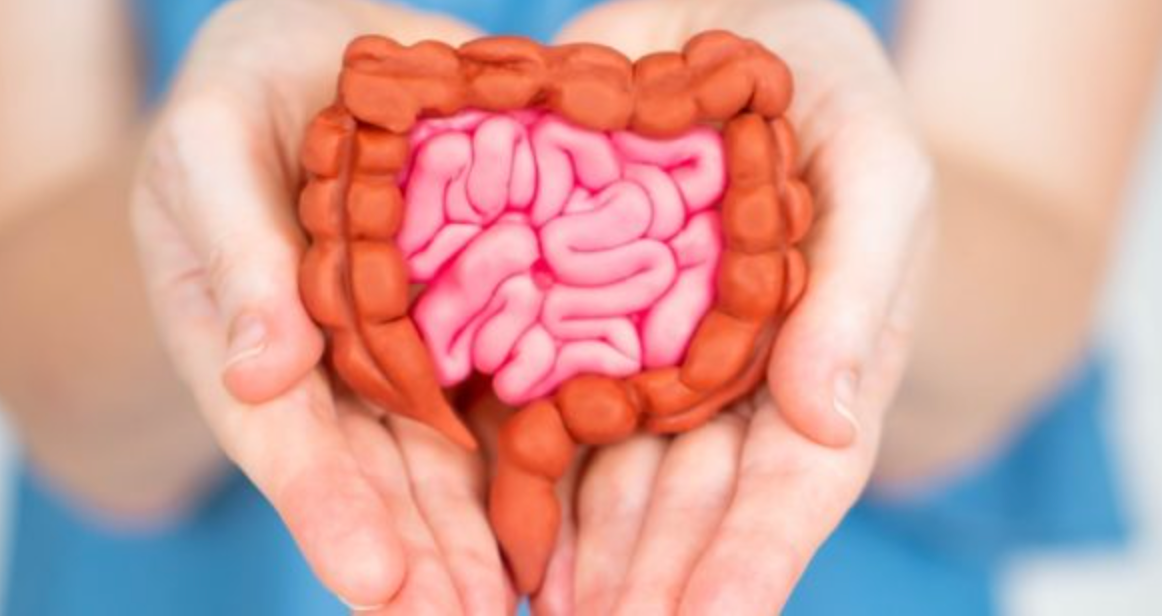Improving gut health
for overall wellness

In recent years, the importance of gut health has gained significant attention in the medical and wellness communities. A healthy gut is crucial to our overall well-being, affecting everything from our immune system to mental health. This blog post will explore practical ways to improve your gut health as part of a healthy lifestyle.

Understanding Gut Health
Your gut, also known as the gastrointestinal tract, is home to trillions of microorganisms collectively called the gut microbiome. This complex ecosystem of bacteria, viruses, and fungi plays a vital role in digestion, nutrient absorption, and mood regulation. When your gut microbiome is balanced and diverse, it contributes to better overall health.
Gut health plays a central role in various essential functions of the body:
1. Digestion and Nutrient Absorption: The gut is responsible for breaking down food and absorbing nutrients that are vital for energy, growth, and cell repair. A healthy gut ensures that your body gets the vitamins, minerals, and other nutrients it needs to function properly.
2. Immune System Support: Approximately 70% of the immune system resides in the gut. A healthy gut helps protect against harmful bacteria, viruses, and toxins, reducing the risk of infections and illnesses.
3. Mental Health: The gut and brain are closely connected through the gut-brain axis. A healthy gut produces neurotransmitters like serotonin, which can influence mood, stress levels, and overall mental health. Poor gut health has been linked to conditions like anxiety and depression.
4. Inflammation and Chronic Disease Prevention: An unhealthy gut can lead to chronic inflammation, which is a key factor in many diseases, including obesity, heart disease, and diabetes. Maintaining gut health helps reduce inflammation and lowers the risk of these conditions.
5. Weight Management: Gut bacteria play a role in metabolism and how the body stores fat. A healthy balance of gut bacteria can aid in weight management by improving digestion and reducing the likelihood of obesity.
6. Energy Levels: The gut is involved in converting food into energy. A healthy gut microbiome helps optimize this process, leading to better energy levels throughout the day.
7. Hormonal Balance: The gut helps regulate hormones, including those related to hunger and satiety. A healthy gut can help maintain a balanced appetite and prevent overeating or unhealthy cravings.
8. Skin Health: Gut health is often reflected in the skin. An unhealthy gut can lead to skin conditions like acne, eczema, and psoriasis. Conversely, a healthy gut can contribute to clearer, healthier skin.
Overall, maintaining gut health is vital for both physical and mental well-being, influencing everything from immune function and disease prevention to mood and energy levels.
Ways to Improve Gut Health
Eat a Diverse Range of Foods
Consuming various foods is one of the most effective ways to improve gut health. Different bacteria thrive on multiple nutrients, so a diverse diet promotes a diverse microbiome.
- Include plenty of fruits, vegetables, legumes, and whole grains.
- Try to eat seasonally and experiment with new foods regularly.
- Incorporate fermented foods like yogurt, kefir, sauerkraut, and kimchi, which are rich in beneficial bacteria.
Increase Your Fiber Intake
Fiber is a crucial nutrient for gut health. It feeds beneficial gut bacteria and helps maintain regular bowel movements.
- Aim for at least 25-30 grams of fiber per day.
- Good sources of fiber include beans, peas, oats, bananas, berries, asparagus, and leeks. Focus on both soluble fiber (like oats and beans) and insoluble fiber (like whole grains and vegetables).
- Introduce fiber gradually to avoid digestive discomfort.
Limit Processed Foods and Added Sugars
Highly processed foods and added sugars can negatively impact gut health by promoting the growth of harmful bacteria.
- Reduce your intake of sugary snacks, sodas, and processed meats and foods.
- Read food labels carefully to identify hidden sugars and artificial additives.
- Choose whole, unprocessed foods whenever possible.
Manage Stress Levels
Chronic stress can disrupt the balance of your gut microbiome and lead to digestive issues.
- Practice stress-reduction techniques like meditation, yoga, or deep breathing exercises.
- Ensure you sleep well each night (aim for 7-9 hours).
- Regular exercise can help reduce stress and improve gut health.
Consider Probiotic Supplements
While it's best to get probiotics from food sources, supplements can benefit some people.
- Consult with a healthcare professional before starting any new supplement regimen.
-Try our Daily Greens - high-quality probiotic supplement with a variety of bacterial strains.
- Probiotics are live bacteria that can help restore the natural balance of gut bacteria.
Stay Hydrated
Proper hydration supports the mucosal lining of the intestines and promotes the balance of good bacteria in the gut.
- Aim to drink at least eight glasses of water per day.
- Herbal teas and water-rich foods can also contribute to your daily fluid intake.
- Limit alcohol consumption, as it can negatively affect gut bacteria and intestinal health.
Regular Exercise
Physical activity can promote the growth of beneficial bacteria in the gut and support digestion.
- Aim for at least 30-45 minutes of moderate exercise most days of the week.
Implementing these strategies can improve your gut health and contribute to your overall well-being. Everyone's gut is unique, so pay attention to how your body responds to dietary and lifestyle changes. Consult a healthcare professional for personalized advice if you have persistent digestive issues.
Download our FREE Master Gut Health Guide HERE
NEW TO BRICKZ? CLICK HERE FOR A FREE TRIAL TODAY
